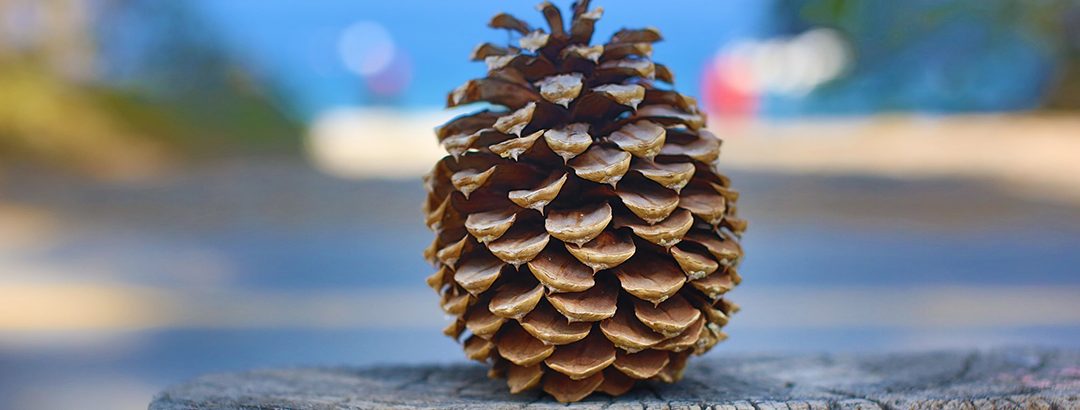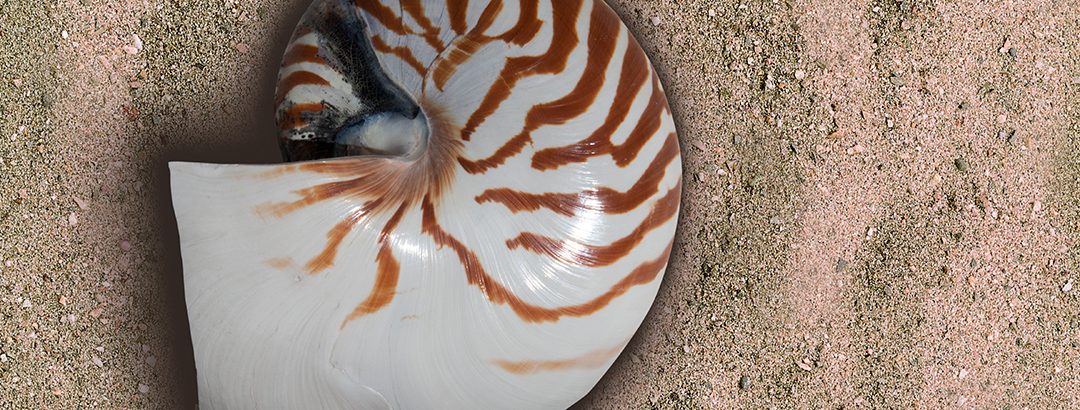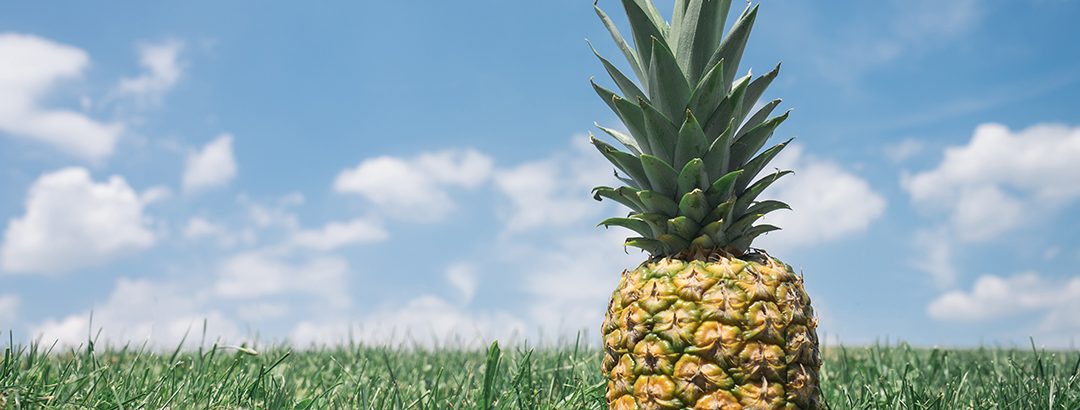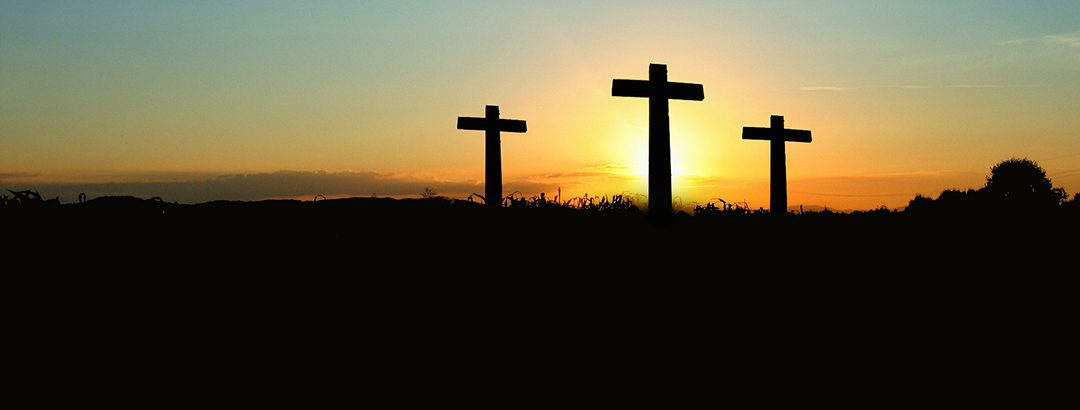Well, I hope each of you have had a wonderful Christmas and a Happy New Year. I can tell some of our folks have the January Blues already with the cold weather we have been having. Stay warm and Roll Tide tonight to all my fellow Bama fans!
In our study of the 23rd Psalm phrase by phrase we find ourselves at David’s thought, “He Guides me in paths of righteousness for His name’s sake. Let’s dive in a see what this means and what kind of picture the shepherd David was painting for us through the power of the Holy Spirit.
There are two thoughts that we need to zone in on here. First off, the Psalmist David would have known that sheep are creatures of habit. Seriously, if left to themselves they will follow the same trails until they become ruts; graze the same hills until they turn to desert wastes; pollute their own ground until it is corrupt with disease and parasites. Sheep can not just “get along anywhere.” No other class of livestock requires more careful handling, more detailed direction than do sheep. This brings us to the second point that we need to focus on…many pastures are ruined beyond repair by overgrazing, poor management, and indifference or ignorant sheep owners. When this happens, sheep owners get a bad reputation or name. It was very important to a sheep owner to have a good name and reputation as a shepherd. David knew that if the flock was to flourish and the owner’s reputation was to be held in high esteem as a good manager, the sheep had to be constantly under his meticulous control and guidance. Due to the behavior of the sheep and their preference for certain favored spots, these well-worn areas become quickly infested with parasites of all kinds. In a short time the whole flock can thus become infected with worms, nematodes, and scab. The final upshot is that both land and owner are ruined while the sheep become thin, wasted and sickly. The owner’s entire name and reputation depends on how effectively and efficiently he keeps his charges moving onto wholesome, new fresh forage.
The intelligent shepherd is aware of all this and has a plan of action. The predetermined plan of action usually centers around rotation from one grazing ground to another in line with right and proper principles of gound management. This is precisely the sort of action David had in mind when he spoke of being led in paths of righteousness. The testimony of a good shepherd will attest to the fact that following this plan of action is the one thing that commands more of the shepherd’s time and energy. He must map out his plan, constantly survey his fields, move his flock at the right times and repair fields that have just been used. One shepherd said with an adequate field you needed to move your flock to a new field every week. The shepherd must go over the ground of his fields again and again seeing where his flock will thrive and knowing where the feed is poor. One shepherd said that a point worthy of mentioning was that whenever the shepherd opens a gate into a fresh pasture the sheep are filled with excitment. As they go through the gate, even the staid old ewes will often kick up their heels and leap with delight at the prospect of finding fresh feed. How they enjoy being led onto new ground.
Let’s look at some parallels between us and sheep now. It is no mere whim on God’s part to call us sheep. Our behavior patterns and life habits are so much like that of sheep it is embarrassing.
First of all, Scripture points out that most of us are a stiff necked and stubborn lot. We prefer to follow our own fancies and turn to our own ways. Isaiah 53:6 says it best, “We all, like sheep, have gone astray, each of us has turned to his own way.” We do this deliberately, repeatedly, even to our own disadvantage. This is locked into our own personal pride and self-assertion. We insist we know what is best for us even though the disastrous results may be self-evident.
Just as sheep will blindly, habitually, stupidly follow one another along the same little trails until they become ruts that erode into gigantic gullies, so we humans cling to the same habits that we have seen ruin other lives. Turning to “my own way” simply means doing what I want. It implies that I feel free to assert my own wishes and carry out my own ideas. I do this inspite of every warning. Proverbs 14:12 and 16:25, “There is a way that seems right to a man, but in the end it leads to death.” In contrast to which Christ the Good Shepherd comes gently and says, “I am the way and the truth and the life. No one comes to the Father except through me” John 14:6. John 10:10 Jesus said, “I have come that they may have life, and have it to the full.”
Second of all, most of us don’t want to come. We don’t want to follow. We don’t want to be led in paths of righteousness. Somehow it goes against our grain. We actually prefer to turn to our own way even though it may take us straight into trouble. Yet, Christ our Good Shepherd comes and says, “If anyone would come after me, he must deny himself and take up his cross and follow me” (Mark 8:34). We don’t want to deny ourselves, give up our right to make our own decisions. I think some of us…or really most of us, if confronted with this charge, would deny it. We would say that we are “led of the Lord.” We would insist that we would follow wherever He leads. We sing songs to this effect and give mental asssent to the idea. But as far as actually being led in paths of righteousness is concerned, precious few of us follow that path. This is actually the pivotal point where a Christian either “goes on” with God or at which point he “goes back” from following on.
The fact of the matter is there are many willful, wayward, indifferent, self-interested Christians who cannot really be classified as followers of Christ. There are relatively few diligent disciples who forsake all to follow the Master. Jesus never made light of the cost involved in following Him. In fact, He made it painfully clear that it was a rugged life of rigid selfdenial. It entailed a whole new set of attitudes. It was not the natural, normal way a person would ordinarily live, and this is what made the price so prohibitive to most people.
If we are to be led in paths of righteousness then we need to adopt 7 fresh attitudes. They are the equivalent of progressive forward movements onto new ground with God.
1. Instead of loving myself most, I am willing to love Christ best and others more than myself. What is love? Any ideas? Love according to this world is a soft, sentimental, moving and/or passionate emotion. A feel good feeling. Love according to God’s Word is a deliberate act of my will. It means that I am willing to lay down my life, lay myself out, pour myself out on behalf of another. This is precisely what God did for us in Christ. “This is how we know what love is: Jesus Christ laid down His life for us” (I John 3:16). The moment I deliberately do something definite either for God or others that costs me something, I am expressing love. Love is “selflessness” or “self-sacrifice” in contradistinction to “selfishness.” Most of us know little of living like this or being “led” in this right way. But once a person discovers the delight of doing something for others, he has started through the gate being led into one of God’s green pastures.
2. Instead of being one of the crowd, I am willing to be singled out, set apart from the gang. Most of us, like sheep are pretty gregarious. We want to belong. We don’t want to be different
3. Instead of insisting on my rights, I am willing to forego them in favor of others.
4. Instead of being “boss”, I am willing to be at the bottom of the heap. Or to use sheep terminology, instead of being “top ram,” I’m willing to be a “tail-ender.” When the desire for self-assertion, self-aggrandizement, self-pleasing give way to the desire for simply pleasing God and others, much of the fret and strain is drained away from daily living.
5. Instead of finding fault with life and always asking “Why?” I am willing to accept every circumstance of life in an attitude of gratitude. I find it very interesting that we as humans feel entitled to question the reasons for everything that happens us. I know…I have been there myself. I have watched many who’s lives become a continious criticism and dissection of one’s circumstances and acquaintances. We look for someone or something on which to pin the balme for our misfortunes. We are often quick to forget our blessings, slow to forget our misfortunes.
But if one really believes his affairs are in God’s hands, every event, no matter whether joyous or tragic, will be taken as part of God’s plan. To know beyond doubt that He does all for our welfare is to be led into a wide area of peace and quietness and strength for every situation.
6. Instead of exercising and asserting my will, I am willing to learn to cooperate with His wishes and comply with His will. When men or women allow their will to be crossed out, canceling the great I in their decisions, then indeed the Cross has been applied to their lives. This is the meaning of taking up one’s cross daily – to go to one’s own death-no longer my will in the matter but His will be done
7. Instead of choosing my own way, I am willing to choose to follow in Christ’s way: simply to do what He asks me to do. This is basically simple, straightforward obedience! It means I just do what He asks me to do. I go where He invites me to go. I say what He instructs me to say. I act and react in the manner He maintains is in my own best interest as well as for His reputation (if I’m His follower).
Most of us possess a formidable amount of factual information on what the Master expects of us. Precious few have either the will, intention, or determination to act on it and comply with His instructions. But the person who decides to do what God asks him has moved onto fresh ground which will do both him and others a world of good.
Now, before you look back over these 7 things and begin to feel overwhelmed or think that you have to do all of these things yourself, I want to show you something. Some have concluded that the demands are too drastic or that this is impossible to actually live out on a day to day basis. Well, it would be if we had to depend on self-determination or self-discipline to succeed. But if we are in earnest about wanting to do His will, and to be led, He makes this possible by His own gracious Spirit who is given to those who obey (Acts 5:32). “For God is working in you, giving you the desire to obey Him and the power to do what pleases Him.” Phil. 2:13 NLT. So you see, it is not you doing this it is Christ doing it in and through you. Rest in Him and in the good paths that He leads you in today.
Dana









